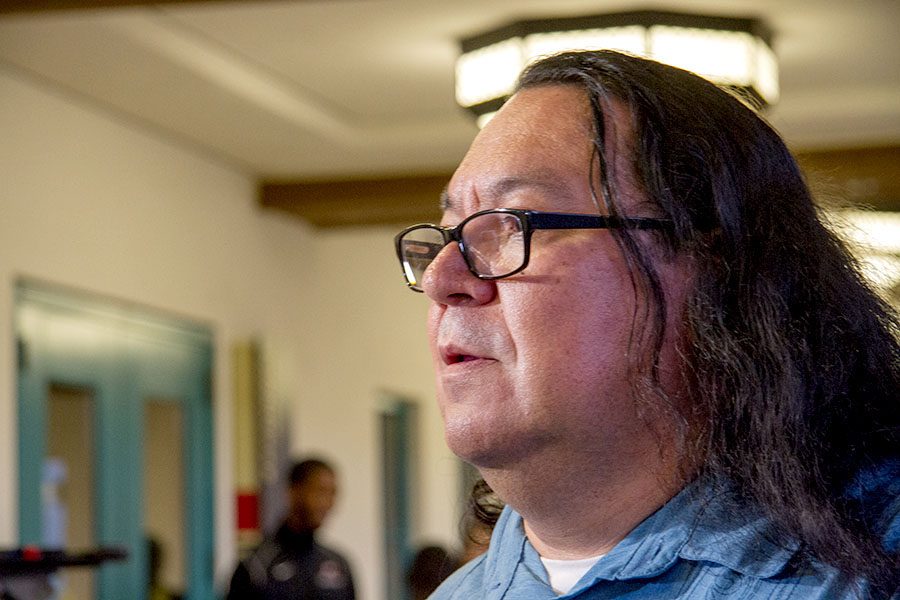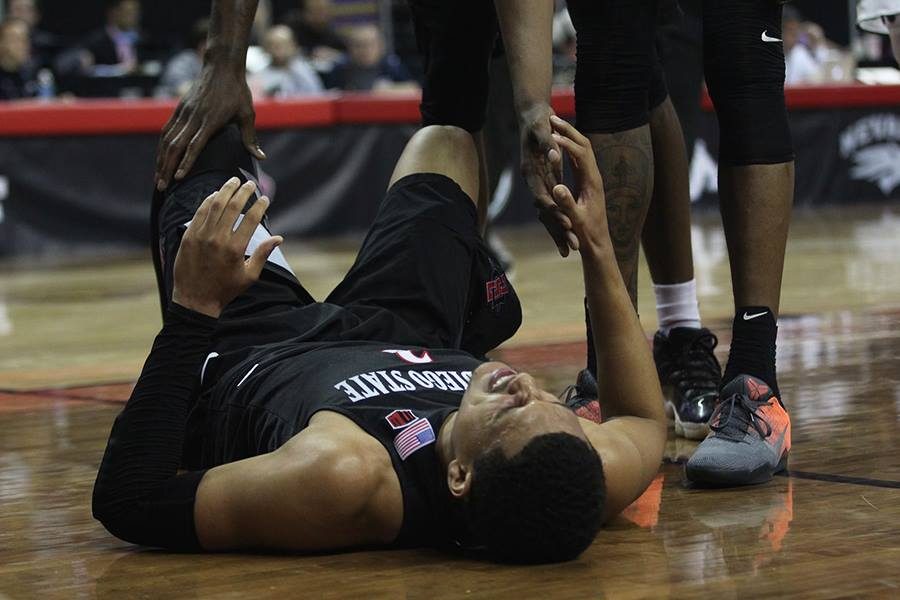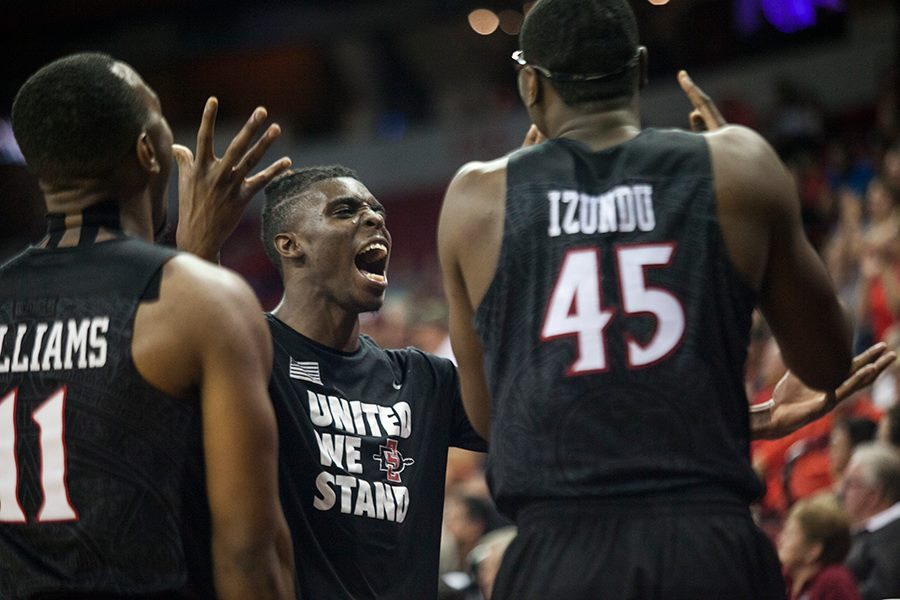It seems as though not a day goes by at San Diego State where there isn’t some sort of tabling on campus. Whether it is for student organizations or nonprofit causes, tables and canopies are always scattered around campus, seeking the attention of passing students.
Student organizations table to interact with students. These interactions can be for event promotions or organization recruitment.
Although it may seem simple – grab a table and some flyers, and you’re ready to go – it’s definitely much more complicated than that. Here at SDSU, there is an extensive process one must first go through in order to table on campus. Only recognized clubs and student organizations associated with SDSU are given permission to table.
The rules on tabling are quite strict, restricting most things, such as unpackaged food and drinks, and other liability risks. Student must plan far in advance if they would like to table in time for their events. The paperwork takes a while to process, and the more details required for the tabling event, such as serving beverages or hosting actual activities, the bigger the stack of paperwork.
Although the tabling process seems highly restrictive and time-sensitive, we’ve all seen organizations from GreenPeace to church groups tabling on campus, so it begs the question: What is the benefit of having such a restricted process when there are so many loopholes?
The Rock Church and Flood Church have both been seen tabling on campus, handing out flyers about their church services and encouraging students to join. The Flood Church was even on campus last week offering students free iced coffee, only to invite students to their Easter Mass.
How do these organizations get past the rules and regulations? They are associated with student church groups on campus, giving them the loophole needed to skirt past the red tape and table on campus.
Sure this is a great way to reach a desired demographic to get a message across, but at what cost? Many similar organizations are deceiving students to publicize events and causes. The use of free coffee to draw students into a forced conversation about religious preference is destructive to an academic environment.
College students are always on the go from class to class to internships and back again. Deceiving them into a conversation is a form a solicitation that’s acting as a great waste of time. While many outside organizations preach for great causes, shouldn’t students get a heads up about what they’re walking into?
“I had no idea the table was a church group,” liberal studies junior Janie Roan said. “All I saw was the big sign saying ‘free iced coffee’ and ran over. How could any college student resist free coffee? I was pretty surprised to find out that the table was actually advertising for their Easter Mass — feeling a little mislead. Nowhere on the table did it say that they were a church group and I don’t think that was fair to me, someone who doesn’t feel comfortable talking about religion very openly.”
With all the very specific tabling rules that are in place, there should also be rules in place requiring clearly displayed messages conveying what each table is associated with. Students should have the opportunity to know exactly what groups they are approaching, so there is no confusion nor blindsided behavior.









